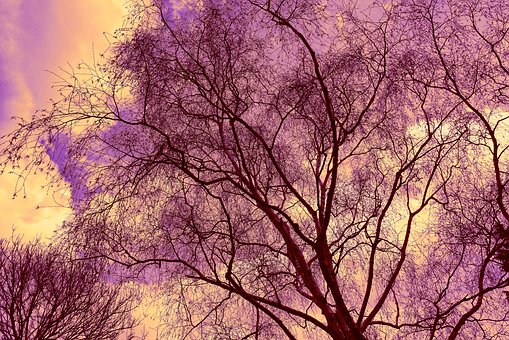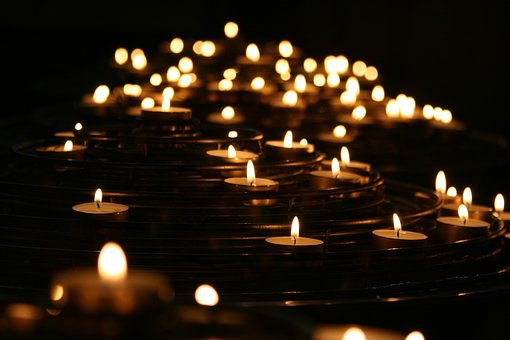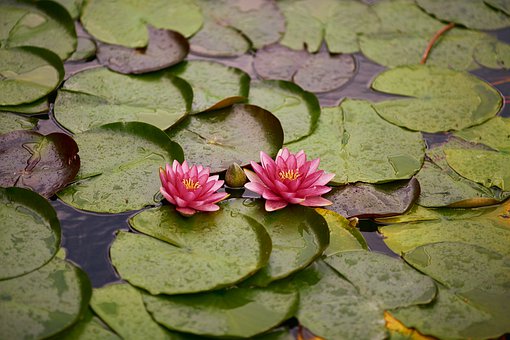Once there is doubt, we might act in our own interest without regard to the law and moral conduct; thinking others are unaware of our true intention, we bring harm and injury to them. If we genuinely believe in and respect cause and effect, we will be fearful of committing transgressions. This is because there is no connection between “cause and effect” and “whether others know our true intention.” When we commit a transgression, this action, like a seed, is stored and will one day mature. No one is spared at the time it matures; where there is cause, there is effect – that is the objective reality. Without cause and effect to restrain us, our moral standards will decline to even beyond the bottom line. This will create even greater alienation among people and generate a lot of problems for society. Therefore, we should believe in cause and effect, and practice the ten virtues.
~Depicted from ARE YOU READY FOR HAPPINESS - Spiritual Equipment for Modern Times











